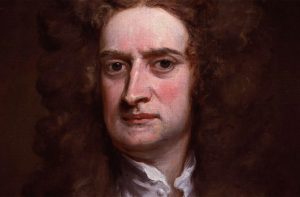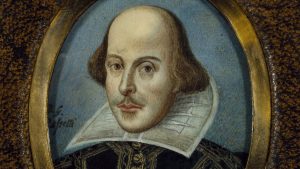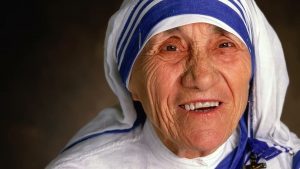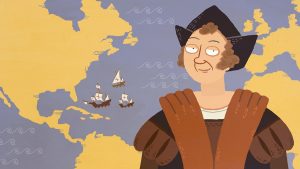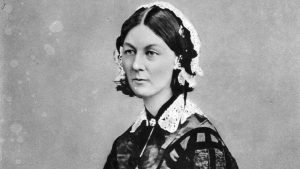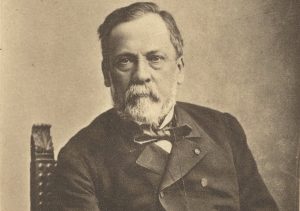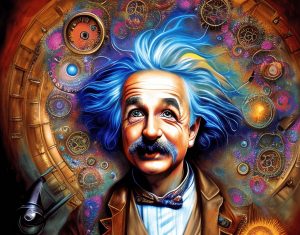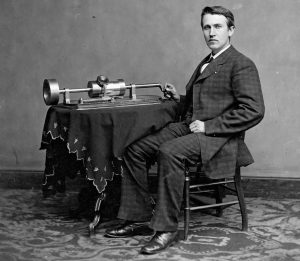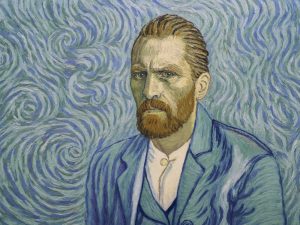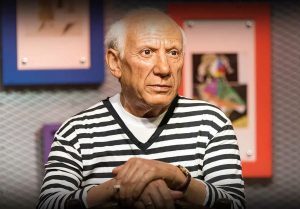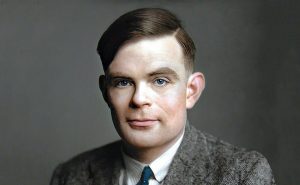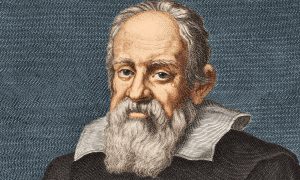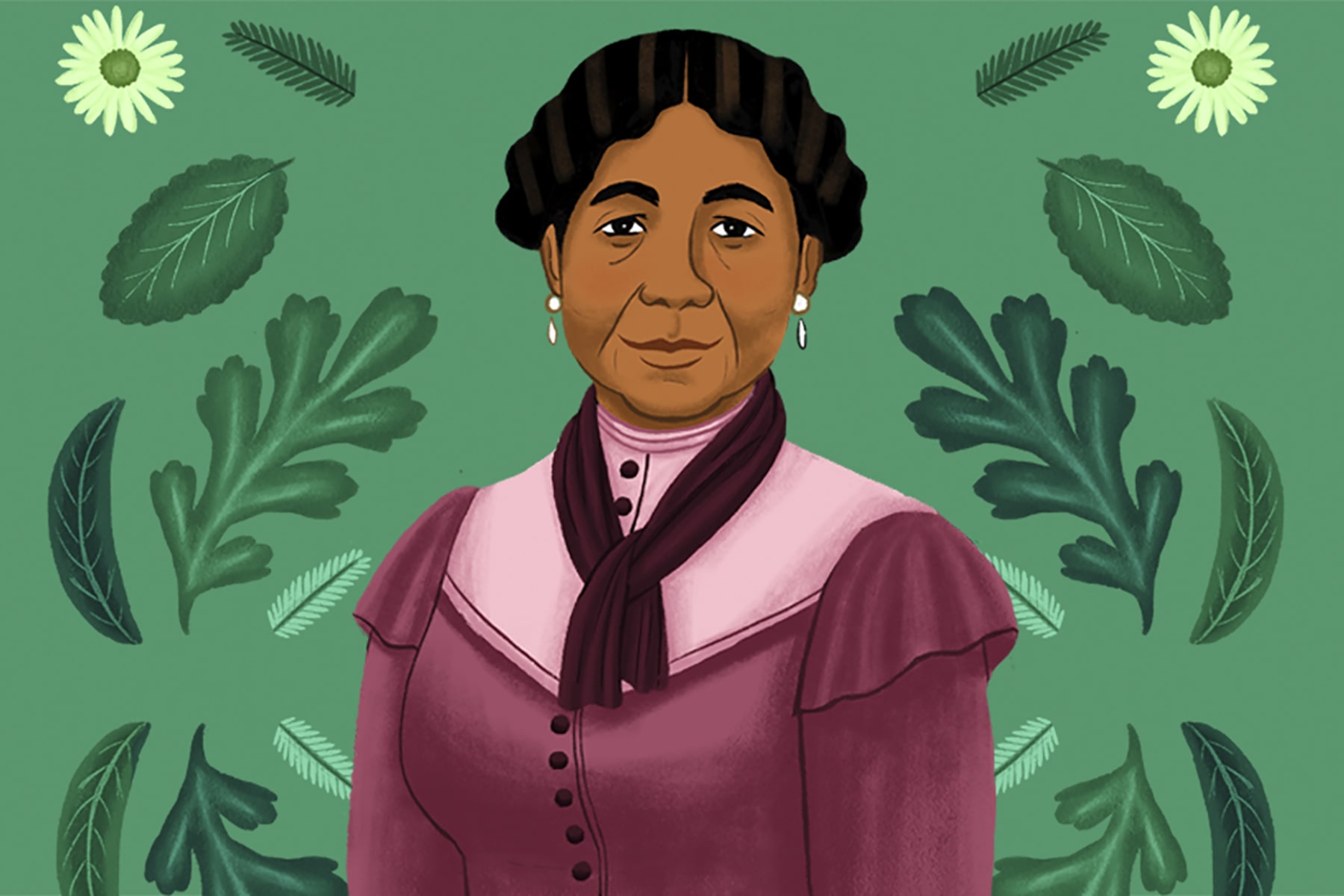
32 interesting facts about Mary Seacole
411
Mary Seacole was a pioneering Jamaican-British nurse and businesswoman who, despite the racial prejudice of her time, made significant contributions to nursing care during the Crimean War. Born in Kingston, Jamaica, to a Scottish father and a Jamaican mother, she learned her nursing skills from her mother who was a traditional healer. Seacole travelled widely before applying her knowledge and skills on the battlefield, where her bravery and commitment earned her recognition as a woman of exceptional courage and empathy. Despite her remarkable achievements, Seacole’s contributions were overlooked for many years, although recent times have seen a revival of interest in her life and legacy.
- Mary Seacole was born as Mary Jane Grant in 1805 in Kingston, Jamaica.
- Her mother, known as ‘The Doctress’, was a healer who used traditional Caribbean and African herbal remedies, from whom Seacole acquired her knowledge of nursing and herbal medicine.
- In her autobiography, Seacole described treating her doll for various ailments as a child, mimicking her mother’s work.
- Seacole travelled extensively in her early years, including visits to England, Central America, and the Caribbean, gaining knowledge about diseases and their treatments.
- In 1836, she married Edwin Horatio Hamilton Seacole, but he died only eight years later.
- She treated victims of the cholera outbreak in Kingston, Jamaica, in 1850 and later during her time in Panama.
- Seacole applied to the War Office to serve as a nurse in the Crimean War but was rejected, likely due to racial prejudice.
- Undeterred, she financed her own journey to Crimea, where she established the “British Hotel” near Balaclava to provide ‘a mess-table and comfortable quarters for sick and convalescent officers’.
- The British Hotel was not only a recuperation centre but also a general store and catering service for soldiers on the battlefield.
- Seacole sourced much of her own supplies for the British Hotel, making several trips across the Black Sea to purchase provisions and medicines.
- She often visited the battlefield, sometimes under fire, to nurse the wounded and was known among the soldiers as ‘Mother Seacole’.
- Mary Seacole was known for her remedies and treatments, often using herbal medicines when traditional western supplies were depleted or unavailable.
- She was awarded the Crimean Medal, given in recognition of her service during the Crimean War, although it was not officially recognised by the British government.
- Seacole returned to England after the war in a precarious financial situation and was declared bankrupt.
- Her plight was highlighted in the British press, leading to a four-day fundraising event attended by thousands of people.
- In 1857, she published her memoir, ‘Wonderful Adventures of Mrs. Seacole in Many Lands’, which is considered one of the first autobiographies of a mixed-race woman.
- Despite her significant contributions, Seacole’s work was largely forgotten for almost a century.
- It wasn’t until the late 20th century that her story began to be widely shared and she was recognised for her contributions to nursing.
- The Mary Seacole Trust, formerly known as the Mary Seacole Memorial Statue Appeal, continues to promote her work and legacy.
- The statue of Mary Seacole erected in the gardens of St Thomas’ Hospital in London in 2016 is the first statue in the UK to recognise a named black woman.
- In 2004, she was voted the greatest black Briton.
- During her time in Panama, Seacole opened a hotel, dealing with the outbreak of cholera among the workforce constructing the Panama Canal.
- In Crimea, Seacole not only dealt with battle injuries but also worked to alleviate the discomfort of soldiers suffering from frostbite, dysentery, and cholera.
- Despite facing racial prejudice, Seacole persisted in her efforts to provide care for soldiers, demonstrating her unwavering determination.
- Seacole never had children of her own, but she often referred to the soldiers she treated as ‘her sons’.
- Her book, ‘Wonderful Adventures of Mrs. Seacole in Many Lands’, didn’t just document her nursing career but also provided valuable insights into the racial prejudices of the time.
- During the Crimean War, Seacole sometimes used traditional Russian remedies when supplies were low, demonstrating her adaptability and resourcefulness.
- Seacole’s mother was of Jamaican and Creole descent, which heavily influenced Seacole’s approach to medicine, incorporating both Afro-Caribbean and European practices.
- In 1851, Seacole travelled to Cruces, Panama, where she encountered racial prejudice that barred her from hotel accommodation, prompting her to start her own hotel business.
- In the Crimean War, Seacole’s healing practices not only consisted of physical treatment but also took the morale of the soldiers into account, often providing a comforting and motherly presence.
- Following her death in 1881, the ‘Times’ published an obituary praising her work during the Crimean War.
- Mary Seacole’s legacy continues to be a source of inspiration, particularly for the fields of nursing and healthcare, and for the promotion of racial equality.
Mary Seacole’s life story is one of immense courage, resilience, and determination. Facing racial prejudice and numerous setbacks, she remained steadfast in her commitment to caring for others, combining traditional and modern practices in her nursing care. She braved battlefields and disease outbreaks, demonstrating an incredible spirit of selflessness and compassion. Seacole’s long-overdue recognition underlines the importance of acknowledging the diverse contributions made to society and healthcare by individuals from all backgrounds, reminding us that history is a rich tapestry woven from countless such stories.
 MillionFacts
MillionFacts 
 Related posts
Related posts 
